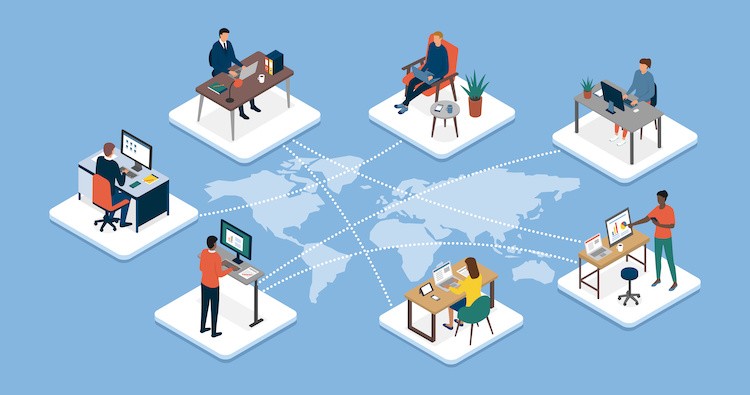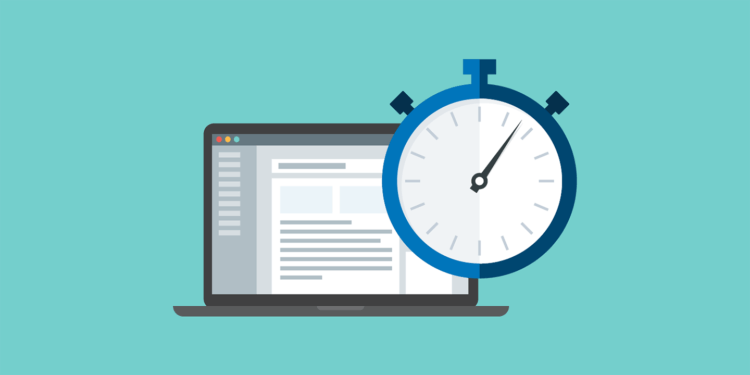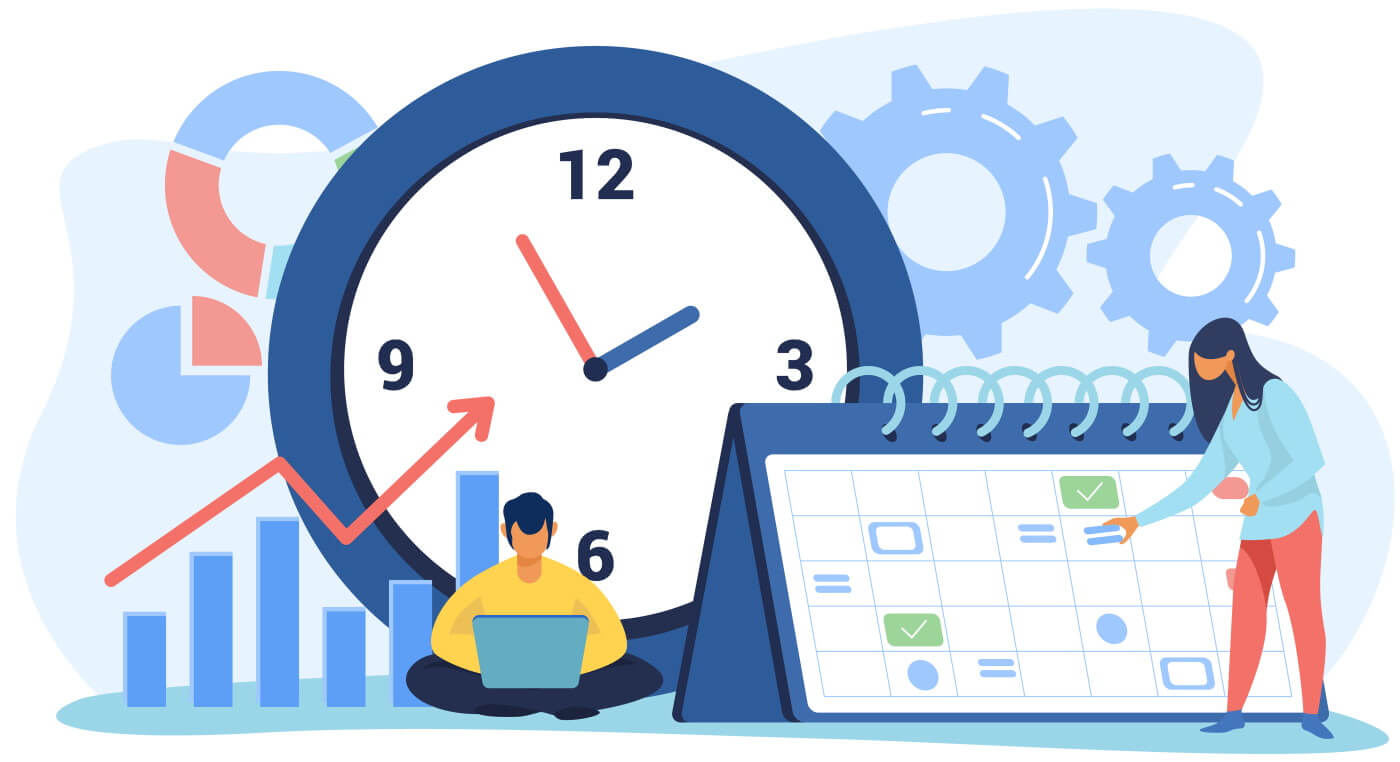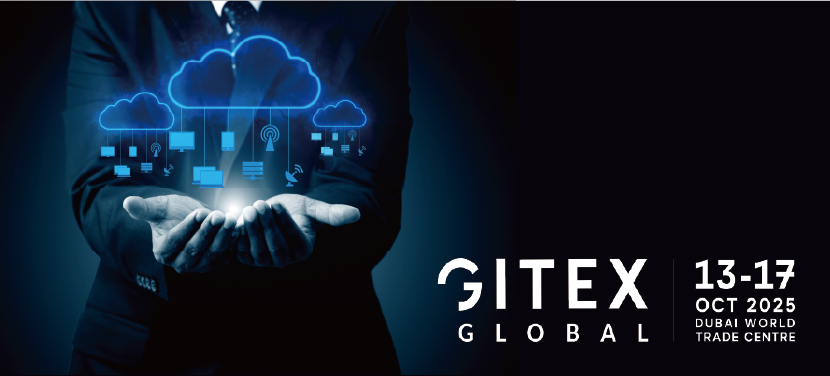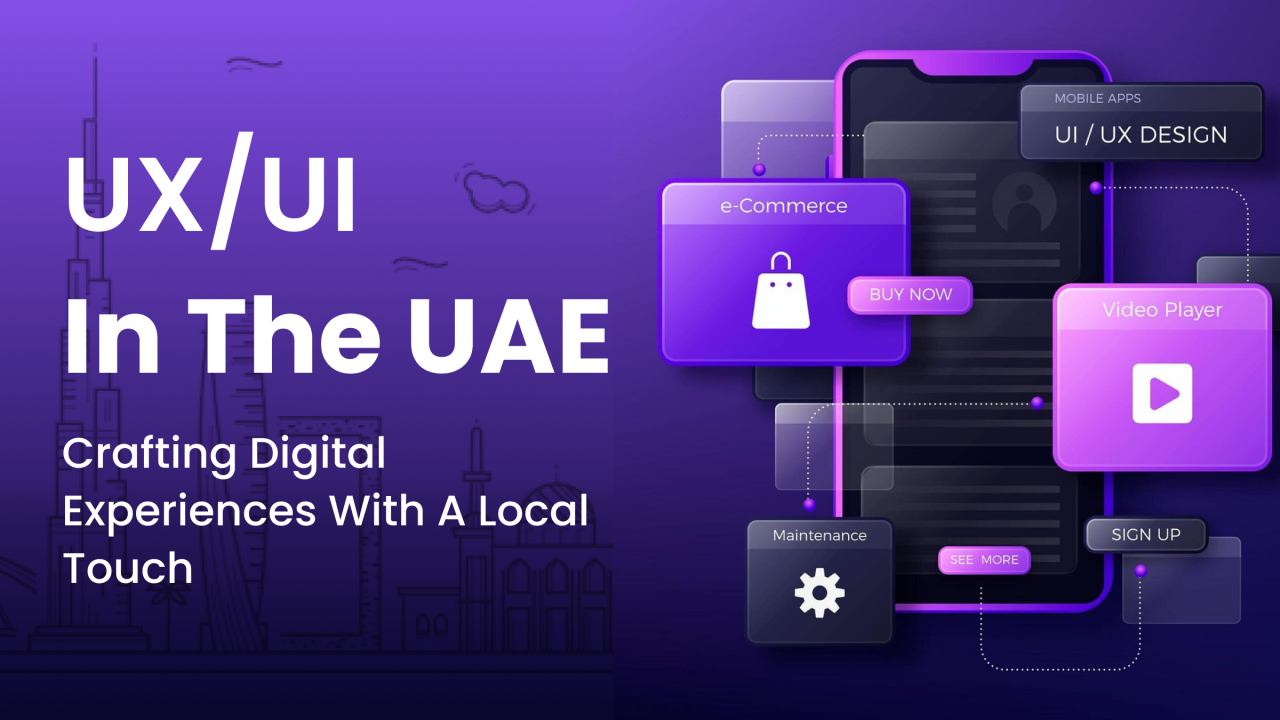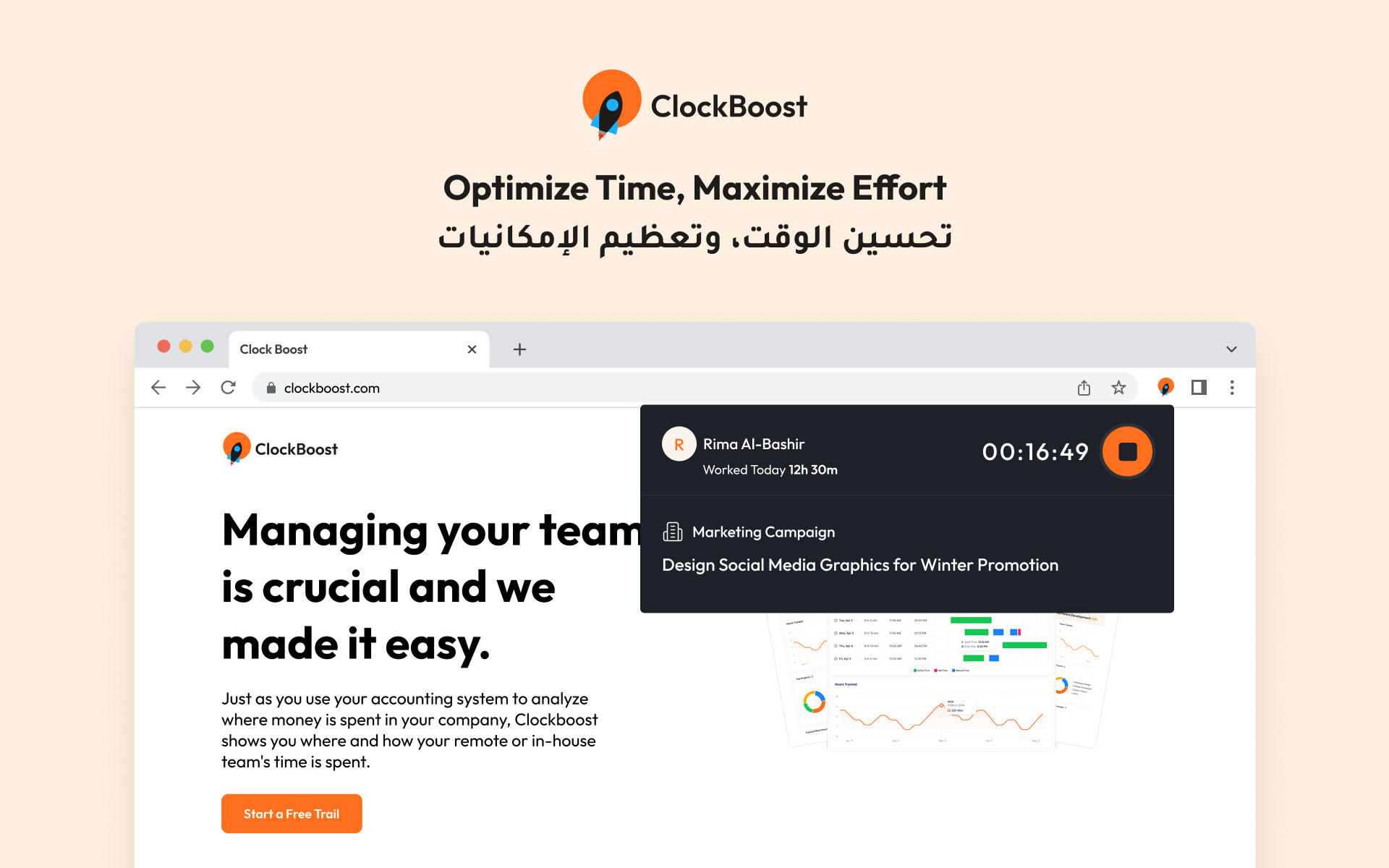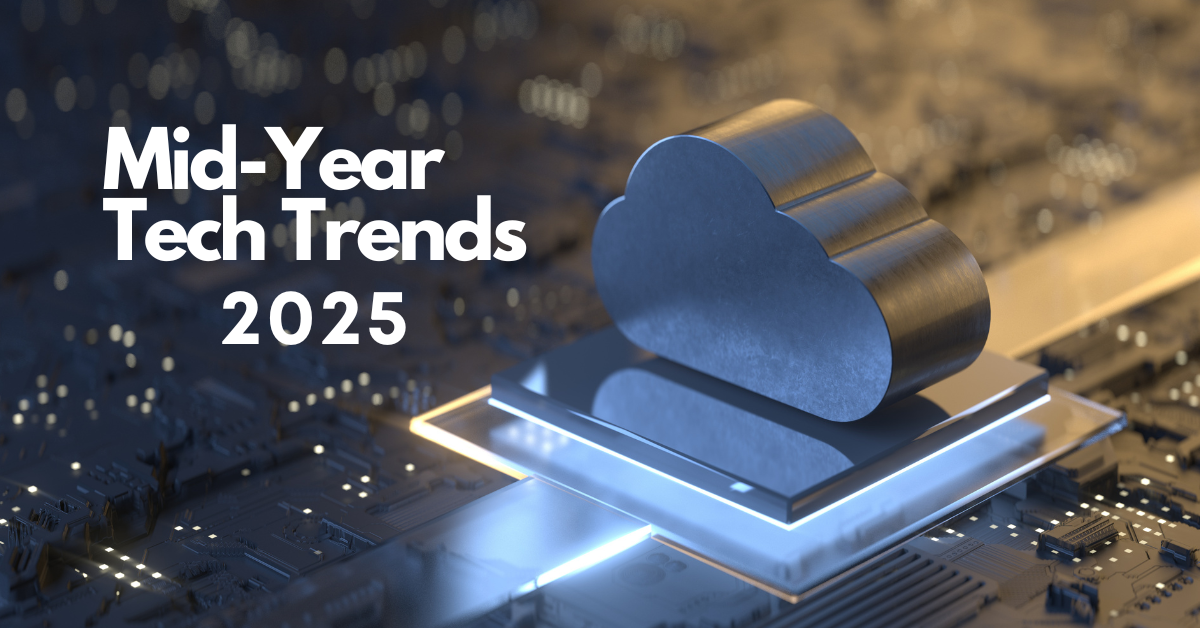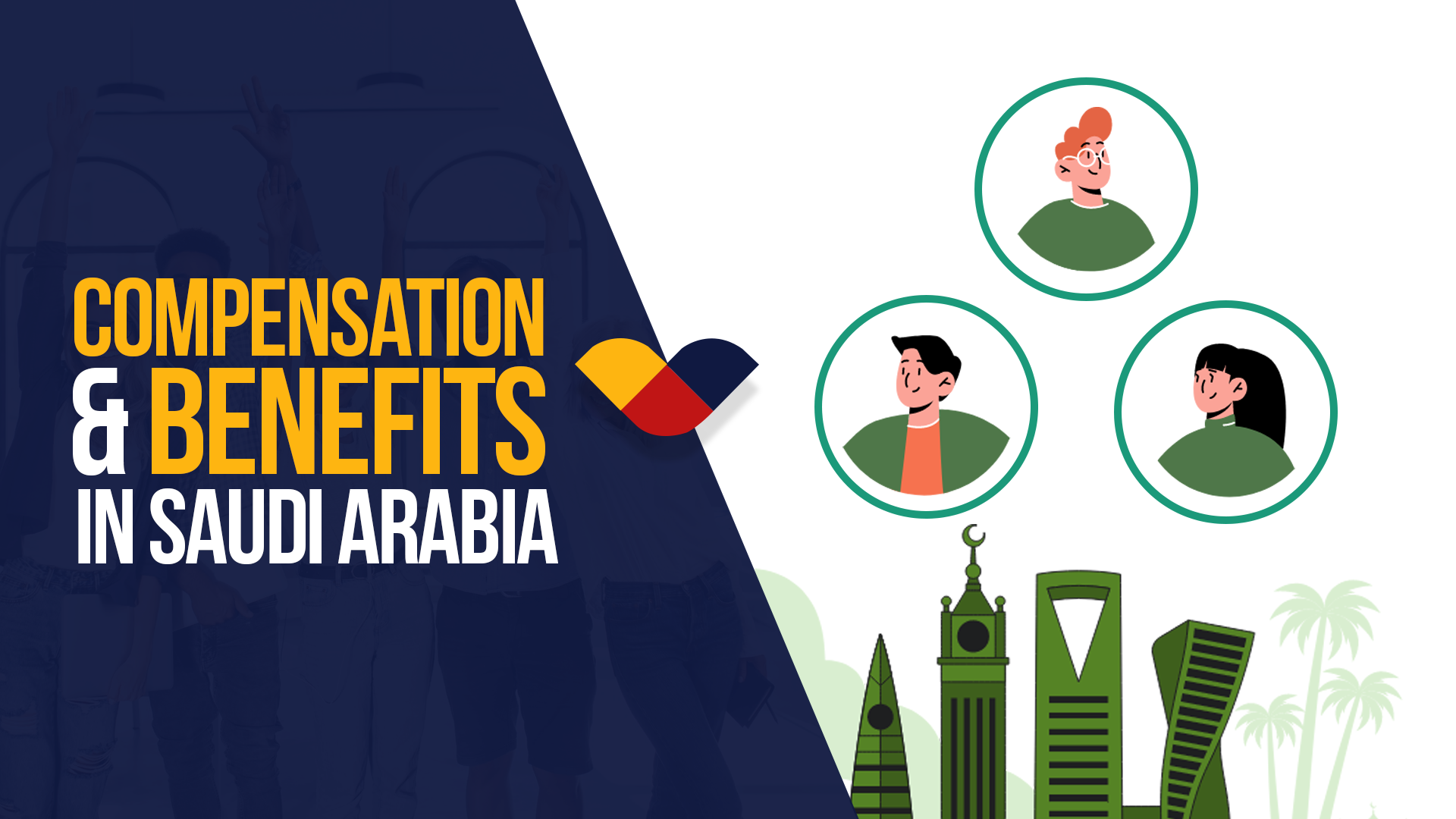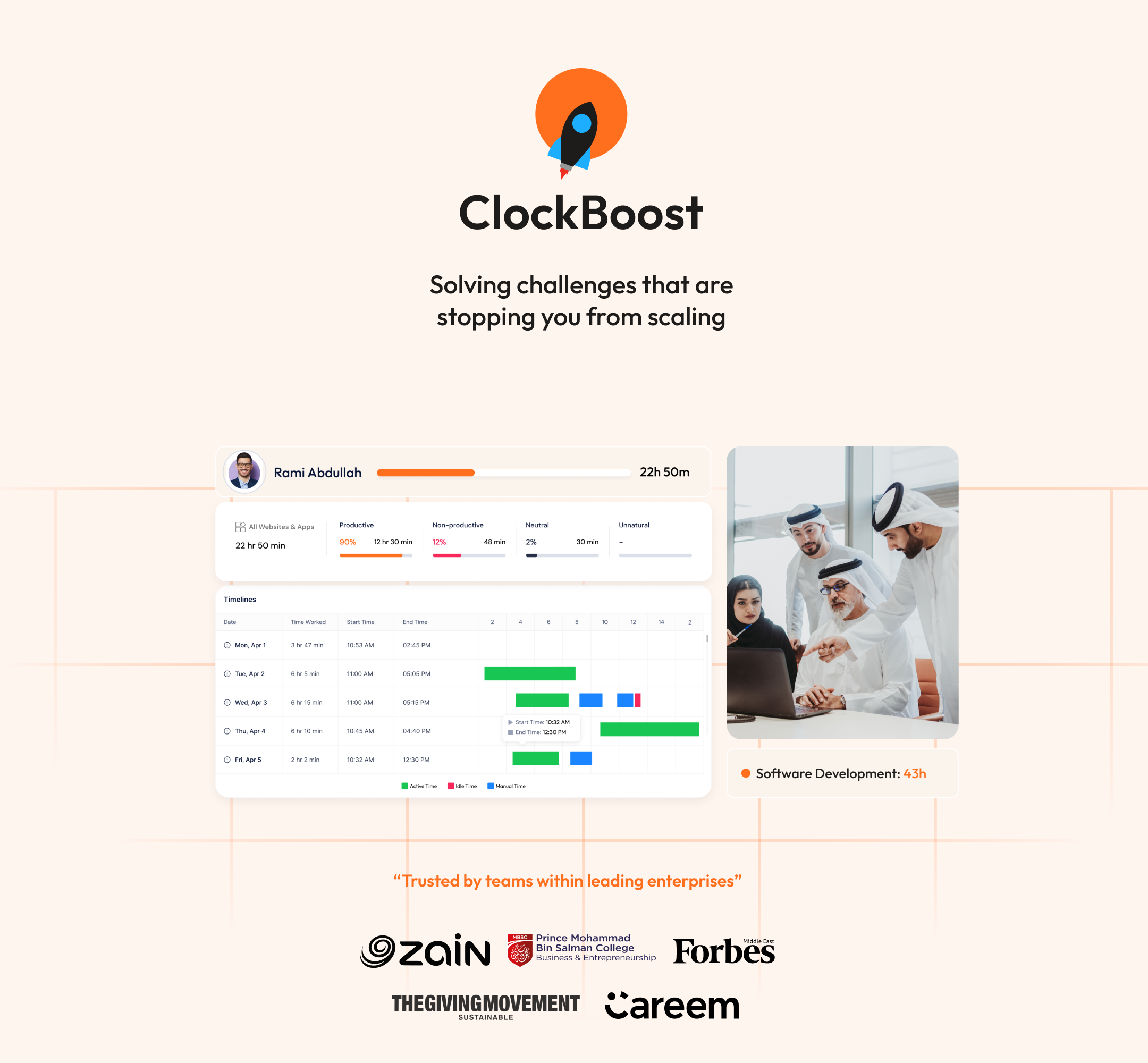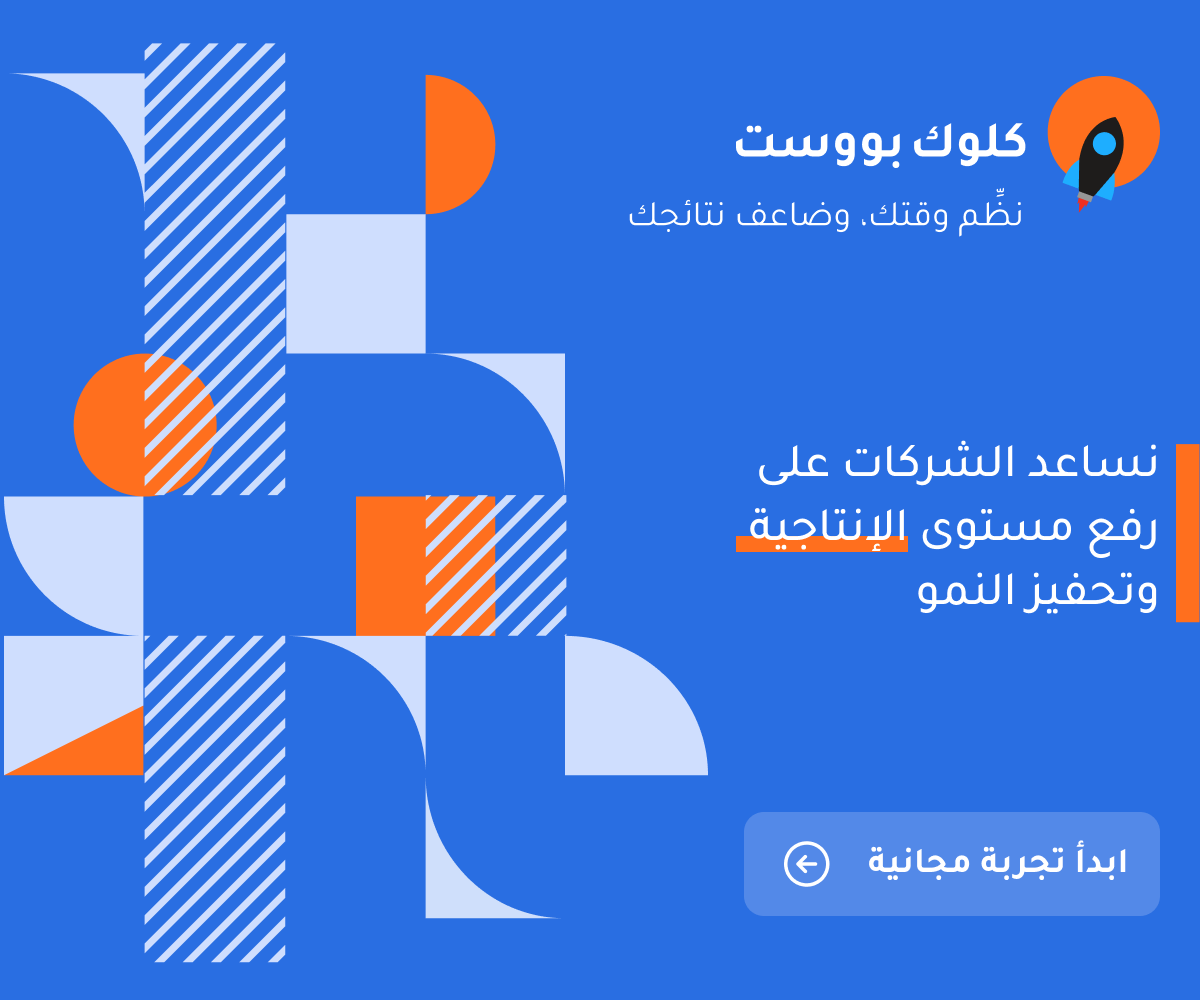
How AI Is Transforming Productivity for Remote Gulf Tech Team?
In the Gulf’s fast-evolving digital economy, where hybrid and remote work have shifted from temporary fixes to permanent structures, productivity has become a strategic priority. For tech teams in the UAE, Saudi Arabia, Qatar, and beyond, the challenge isn’t just about doing more it’s about working smarter, faster, and more sustainably.
Artificial intelligence is rapidly emerging as the key driver of this transformation. AI isn’t just a futuristic promise; it’s already reshaping how distributed teams plan projects, manage time, collaborate, and deliver results. For Gulf-region tech leaders, understanding how AI can unlock productivity gains is no longer optional it’s essential for competitiveness.
This flagship guide explores how AI is transforming remote productivity, what strategies work best in Gulf-region contexts, and how ClockBoost can serve as a trusted AI-powered partner.
1. Why AI Matters for Remote Teams in the Gulf
Remote work in the Gulf has matured considerably since the early 2020s. What started as an adaptation to global disruption has evolved into a core operating model. Gulf governments and enterprises are investing heavily in digital infrastructure, and AI adoption is climbing across industries. This makes the timing perfect for AI-driven productivity strategies.
Three forces explain why this shift matters now:
Shifting team dynamics. Gulf tech teams are increasingly hybrid, with some members on-site while others work remotely across time zones. Managing collaboration at scale requires more than basic project management it demands intelligent systems that learn and adapt.
Rising expectations. Gulf companies are competing in global markets, where efficiency and speed determine competitive advantage. Leaders need tools that deliver insights instantly, not weeks after the fact.
Digital maturity. With cloud services, 5G infrastructure, and government-backed AI strategies in place, the Gulf region is primed for widespread AI adoption. Teams that embrace this shift early gain a productivity edge.
2. AI-Powered Productivity: From Concept to Practice
AI in remote work isn’t about science fiction it’s about practical tools solving everyday problems. Here are five applications that matter most:
AI assistants for knowledge work. Tools that summarize meetings, generate reports, and propose task priorities reduce admin time and free up focus for complex work.
AI-driven time tracking. Instead of manual timers, AI detects what tasks are being done, identifies idle time, and provides accurate insights without extra effort.
Predictive workload balancing. By analyzing historical patterns, AI can forecast when deadlines may be missed, helping managers redistribute tasks before bottlenecks occur.
Real-time anomaly detection. Sudden drops in engagement, spikes in context switching, or unusual idle times can be flagged automatically. Leaders gain visibility early, preventing bigger issues.
Privacy-first AI. In the Gulf, respecting employee privacy is essential. The best systems provide transparent insights and role-based permissions, ensuring trust is maintained.
Each of these use cases represents a shift from reactive oversight to proactive intelligence.
3. Five Strategies to Harness AI for Your Team
Adopting AI successfully requires more than just installing a new tool. Here are five proven strategies Gulf tech leaders can apply immediately:
1. Strengthen your data foundation.
AI thrives on quality data. Standardize how your team uses collaboration tools, naming conventions, and project tagging. Clean data ensures AI outputs are accurate and meaningful.
2. Deploy AI-powered time analytics.
Use AI-based tracking to surface patterns in focus, idle time, and multitasking. These insights reveal inefficiencies, improve task estimates, and create more realistic project plans.
3. Let AI reduce coordination friction.
Instead of spending hours scheduling meetings, summarizing discussions, or reprioritizing tasks, allow AI to handle those repetitive tasks. The result is smoother collaboration and less wasted time.
4. Experiment with micro-optimizations.
Introduce small AI helpers for email triage, backlog grooming, or auto-generated reports. Quick wins build confidence and help your team see AI as a co-pilot, not a disruption.
5. Build a feedback loop.
AI systems improve with iteration. Encourage team input: Which insights were useful? Which were distracting? Adjust configurations to ensure AI adapts to your workflows.
These strategies transform AI from a “nice to have” into a practical driver of day-to-day productivity.
4. The Gulf-Specific Challenges of AI Adoption
While AI’s potential is clear, Gulf-region teams face unique challenges in adopting these tools effectively.
Trust and perception. Employees may fear AI is just surveillance under a new name. Transparent communication is vital explain clearly what is tracked, why, and how it benefits both team and individual.
Regulatory compliance. Countries like Saudi Arabia (PDPL) and the UAE (DIFC Data Protection Law) are tightening data laws. Leaders must ensure tools are compliant with regional standards.
Cultural nuances. Gulf teams often balance global collaboration with local work cultures. AI tools must adapt to multilingual, multicultural contexts without bias.
Tool overload. With every app now claiming to have “AI,” leaders must be selective. Choose fewer, integrated platforms rather than overwhelming employees with multiple disconnected tools.
Change resistance. Adoption takes time. Use phased rollouts, champion early adopters, and share visible wins to encourage buy-in.
By addressing these challenges proactively, Gulf companies can make AI adoption smoother and more impactful.
5. AI vs. Traditional Productivity Tools
To appreciate AI’s value, compare it with traditional approaches:
- Manual time tracking vs. AI time tracking. Manual logs are prone to errors and resentment. AI removes friction by automating the process while still respecting privacy.
- Monthly reports vs. real-time dashboards. Traditional tools provide insight after delays. AI delivers immediate alerts so leaders can act before issues escalate.
- Rigid task lists vs. predictive task management. Instead of static plans, AI adjusts priorities dynamically based on workload and deadlines.
The difference is clear: AI tools empower teams to adapt in real time, while traditional tools only reflect the past.
6. How ClockBoost Fits Into the AI Productivity Revolution
ClockBoost was designed for exactly this moment a Gulf-focused, AI-powered productivity platform that balances insight with trust.
- Automatic activity capture eliminates manual timers, intelligently classifying work.
- Idle-time and anomaly detection highlight productivity risks early.
- Integration with key tools like Jira, Trello, Asana, GitHub, and Google Workspace ensures insights are directly tied to actual workflows.
- Privacy-first design offers role-based access, optional screenshots, and region-compliant data storage.
- Adaptive learning means ClockBoost improves as your team evolves, tailoring insights to your unique workflows.
For Gulf-region teams, ClockBoost isn’t just another tracker it’s a strategic AI partner built for transparency, compliance, and operational efficiency.
7. Metrics That Prove AI’s Value
To measure AI’s impact, focus on metrics that balance performance with well-being:
- Reduction in idle time across projects
- Decrease in daily context switches
- Improvement in on-time delivery rates
- Accuracy of task estimates compared to outcomes
- Employee adoption and satisfaction with AI tools
- Percentage of AI-generated suggestions successfully implemented
Tracking these metrics ensures AI adoption leads to real gains, not just more data.
8. The Future of AI in Gulf Workplaces
Looking ahead, AI will only grow more embedded in Gulf workplaces. Expect to see:
- Regulatory AI frameworks tailored to Gulf data sovereignty requirements.
- Culturally adaptive AI assistants that handle Arabic-English bilingual workflows seamlessly.
- Integration with national AI strategies (like the UAE’s AI 2031 Strategy) aligns workplace tools with broader government goals.
- Smarter wellbeing analytics that not only measure work but also recommend healthy breaks and balance.
For leaders in the Gulf, adopting AI today is not just about productivity; it’s about future-proofing your organization in a rapidly changing economy.
Conclusion: Smarter Work, Stronger Teams
AI is no longer a distant promise it’s already transforming how Gulf tech teams work, collaborate, and perform. By shifting from reactive oversight to proactive intelligence, leaders can empower teams to deliver more effectively while maintaining trust and transparency.
The path forward is clear: start with small wins, scale with intention, and use AI as a partner rather than a supervisor. With platforms like ClockBoost, Gulf-region teams can combine privacy-first AI insights with real-time productivity gains to thrive in the modern work era.
The future of productivity in the Gulf is intelligent, transparent, and sustainable. The time to embrace it is now.




